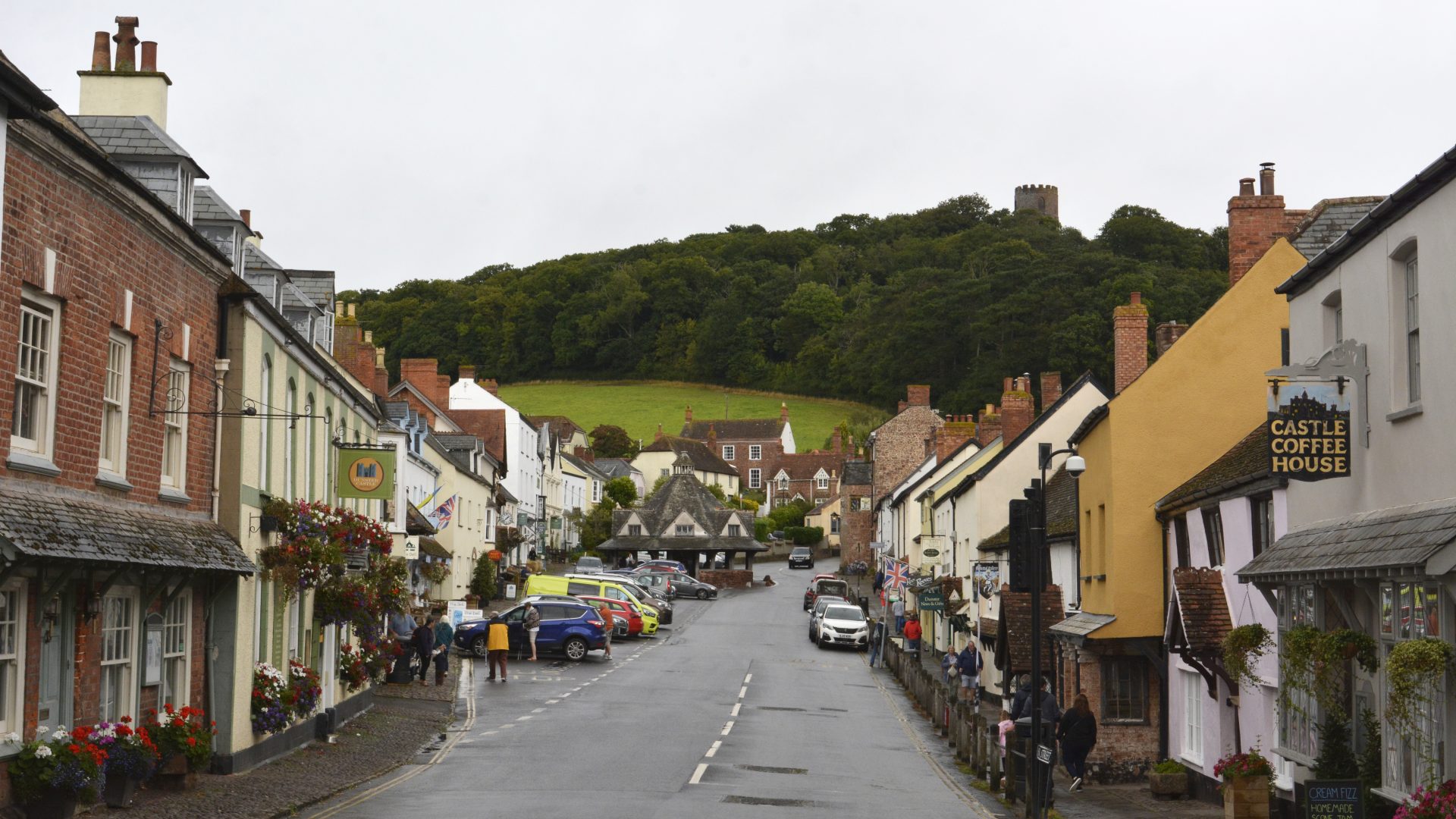National Parks are working and living landscapes with communities and visitors which require infrastructure to thrive within the Parks. The challenges arise when inappropriate infrastructure is proposed, or developments are undertaken which risk the health and sustainability of nature, climate and communities with the Parks.
Our mission is nature-rich National Parks for everyone, and we campaign and support our movement to help make this a reality.
New roads
National Parks are home to communities and host visitors who rely on roads to travel in and around the Parks. However, new road and road widening schemes often will not deal with issues such as congestion and traffic but will destroy habitats and lead to an increase in emissions – exacerbating the climate crisis.
Major road development has no place in the heart of our most cherished landscapes and vital homes for nature.
That’s why we campaign for investment in current roads to deliver environmental improvements to the existing network, call for investment in public transport and support our partners in campaigning against proposals for inappropriate new or upgraded roads.
Second homes and holiday lets
National Parks, and the communities within them, face challenges due to a shortage of affordable housing and the loss of rural services and community facilities. Self-catering holiday lets can play a role in the local economy of National Parks however high numbers of holiday lets, and second homes are a significant barrier to the development of thriving, sustainable communities.
There is also the increasing the pressure for new housebuilding in National Parks which in turn increases the risk of development in locations which could damage the environment and undermine efforts to tackle the nature and climate emergencies.
It’s vital we support changes that benefit local communities. This includes campaigning for changes to taxation, the introduction of a compulsory registration scheme for holiday lets and changes to the planning system, especially in areas where high numbers of holiday lets and second homes are having a detrimental impact on local communities.
- In the Yorkshire Dales over a quarter of properties are reported to be either holiday lets or second homes
- 2020 that nearly half of the housing stock in the Keswick area of the Lake District was either second homes or holiday lets
Energy
It is important to balance the needs of increasing the amount of renewable energy and energy security, reducing fuel poverty, and enhancing energy efficiency with protecting National Parks.
We recognise that National Parks have a key role to play in delivering the types of energy infrastructure that will be required to meet the UK’s targets for carbon reduction and renewable energy supply. The challenge is to do this only by introducing infrastructure which is appropriate in size and design so as not to damage the landscape, tranquillity and character of these protected areas.
However, inappropriate energy infrastructure and fossil fuel extraction is a huge threat to National Parks and why we campaign against it. These landscapes play a vital role in mitigating climate change as they are generally rich in habitats and vegetation which act as major carbon sinks. Not only does fossil fuel extraction damage the landscape and its potential to keep carbon in the ground, it also increases carbon emissions exacerbating the climate crisis.
Minerals
Nearly 200 million tonnes of minerals are produced in the UK each year. These are used as raw materials for a range of energy, construction, manufacturing and agricultural purposes. Mineral extraction has a range of environmental impacts on both the landscape and local communities including noise, dust, blast vibration, heavy lorry traffic, landscape character change and visual intrusion.
Despite the high level of protection, there are several minerals operations in National Parks, primarily because of old minerals permissions which date back to before or slightly after these areas were first protected in the 1950s. However, the number of minerals permissions has declined in the years since the National Parks were created.
We want to see no new large-scale minerals developments in National Parks as well as a programme of gradual withdrawal from National Parks of all types of minerals extraction. We campaign to influence policy and practice in the Parks, focusing particularly on national policy and strategy.
Pylons
National Parks contain some of the most spectacular landscapes in England and Wales and we don’t think major power generation projects or transmission routes should ruin them.
This is why we campaign for pylons can be rerouted, undergrounded or taken offshore, and any decision should be made with as little implication on the landscape as possible.

